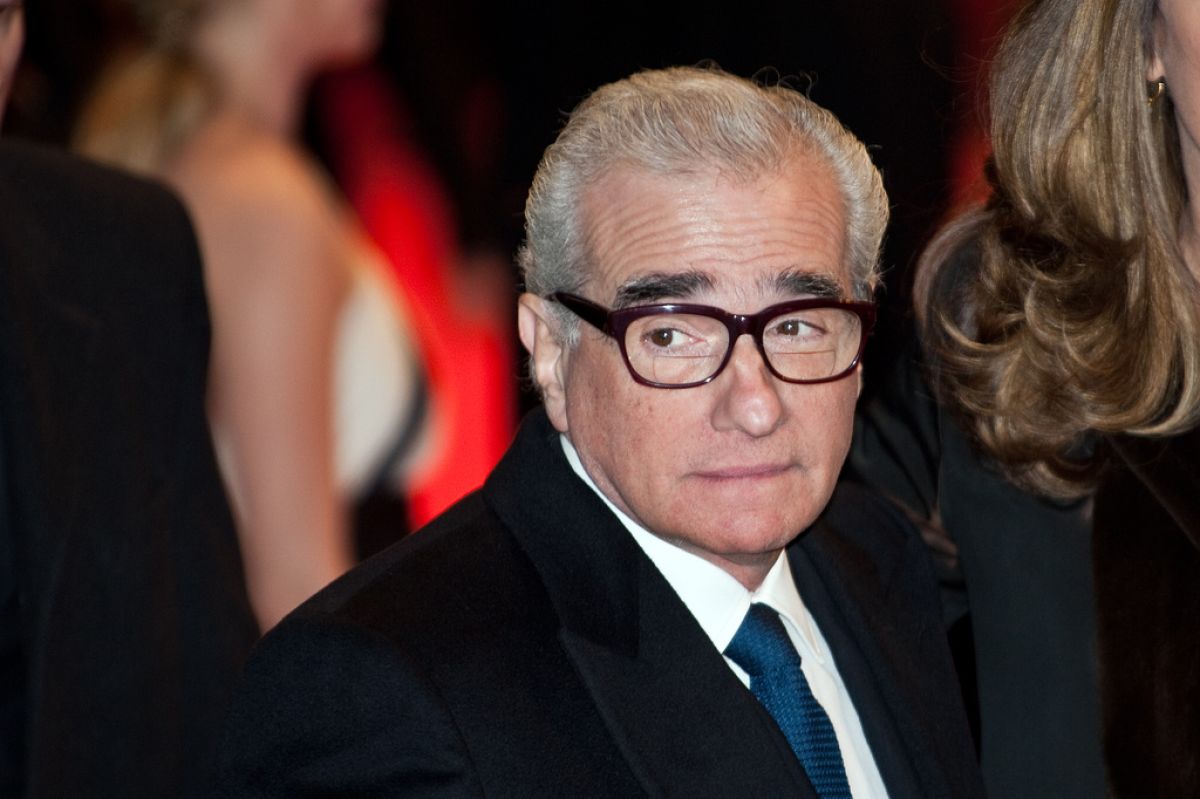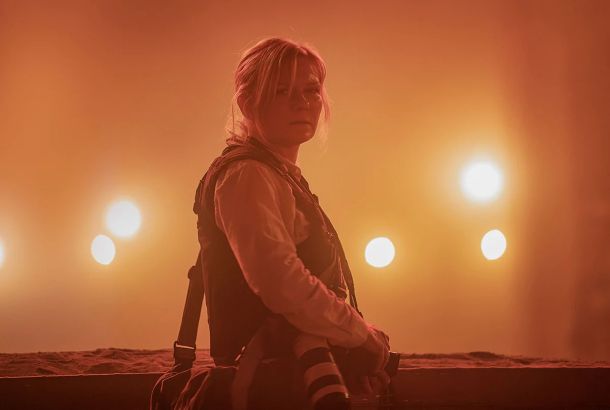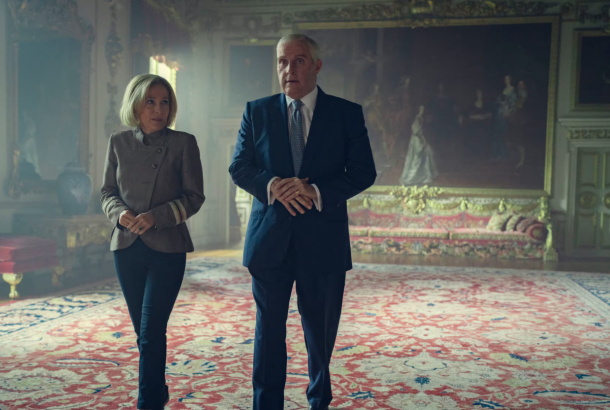Review: The Irishman

Martin Scorsese and Robert De Niro’s ninth feature film together, The Irishman, has been a long time coming. The pair last collaborated in 1995 for Casino and this project has been in the pipeline for the best part of a decade.
Based on homicide investigator Charles Brandt’s 2004 book I Heard You Paint Houses and produced by Netflix, it shows the life of Frank “The Irishman” Sheeran and his involvement in the mysterious disappearance of union leader, Jimmy Hoffa. Joe Pesci and Harvey Keitel are among the returning Scorsese collaborators, while Al Pacino makes his first appearance in one of the director’s films.
Epic in scope, with a 209 minute runtime, The Irishman follows Sheeran as he goes from being a truck driver to a hit man for the Mafia before becoming entangled in the corrupt dealings of Hoffa, played fantastically by Al Pacino. The primary events of the film are interspersed with narration from the elderly Sheeran and the story of a trip he takes with mob boss Russel Bufalino, portrayed by Pesci.
Many of the characters and themes sound familiar but nothing in this film feels remotely derivative. Standing in contrast to some of their previous work together, De Niro and Pesci give restrained and visual performances that highlight how emotionally closed off their characters become. Pacino’s performance, meanwhile, is full of energy and he effectively brings the charismatic Hoffa to life.
Both the actors and the technical personnel involved deserve particular credit for the “de-ageing” technology used throughout the film, which feels natural rather than distracting.
In her portrayal of Frank’s daughter, Peggy, Anna Paquin encapsulates the damage her father’s actions have done to the relationships with his family. Paquin has relatively few lines in the film, but the way she infuses them with emotion is so effective. The conversations with her father towards the end of the film highlight how Frank’s choice to distance himself from the pain of others has inhibited his ability to relate and empathise, even with his own daughter.
As is to be expected with a Scorsese picture, the soundtrack is faultless. While best known for his use of popular music, The Irishman has more in common with Bernard Herrmann’s rumbling Taxi Driver score than the dynamic soundtrack of Goodfellas.
On a visual level too, the film is superb. Beautifully sketching the time and location of its events, it knows when to utilise lively cuts and when to let the audience linger on a character’s face.
All of these elements are combined with an absolute brilliant script by Steven Zaillian; it utilises the extent of its runtime to build relationships even with peripheral characters.
Like The Godfather before it, The Irishman recognises that the story of the American Mafia is intrinsically linked to the story of the United States as a whole and is able to convey both stories in a manner that underscores the scale of the events yet never loses sight of the individual people at their centre. Scorsese and De Niro have produced a film that is not only among the best within their creative partnership, but among the best of American cinema.
5/5.







